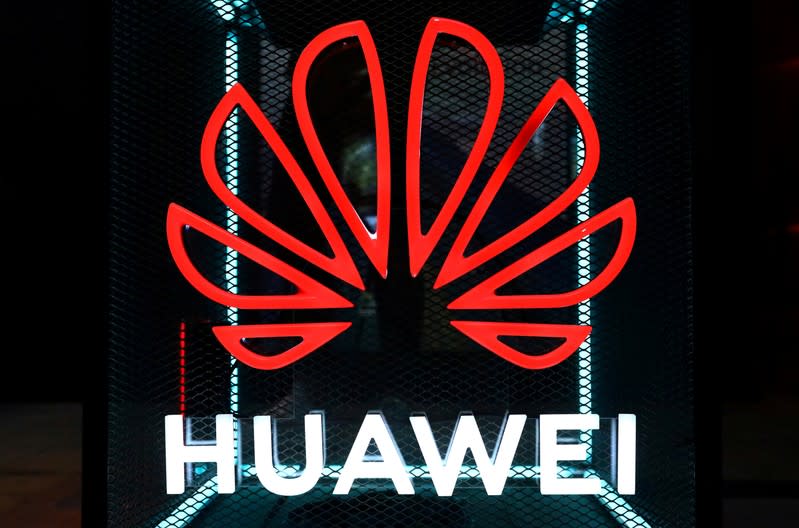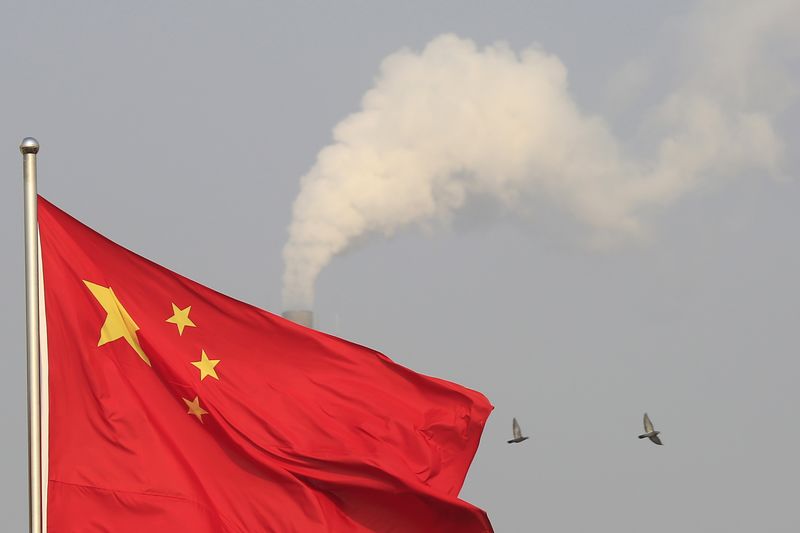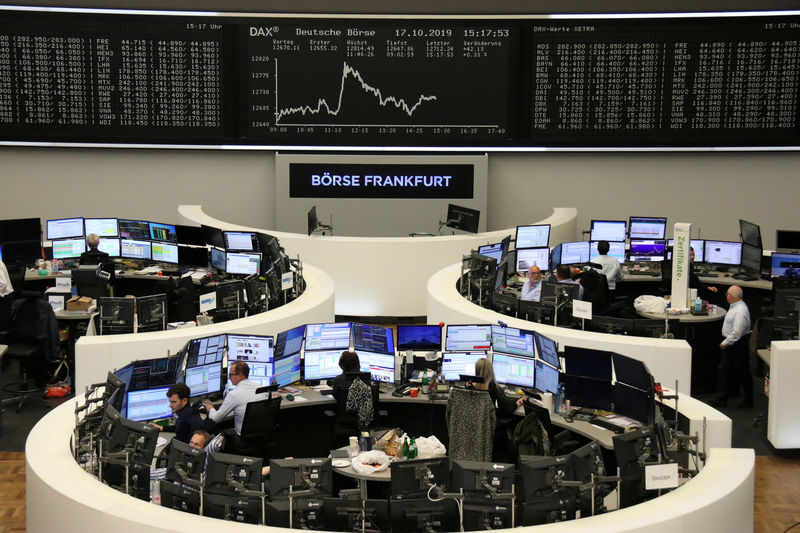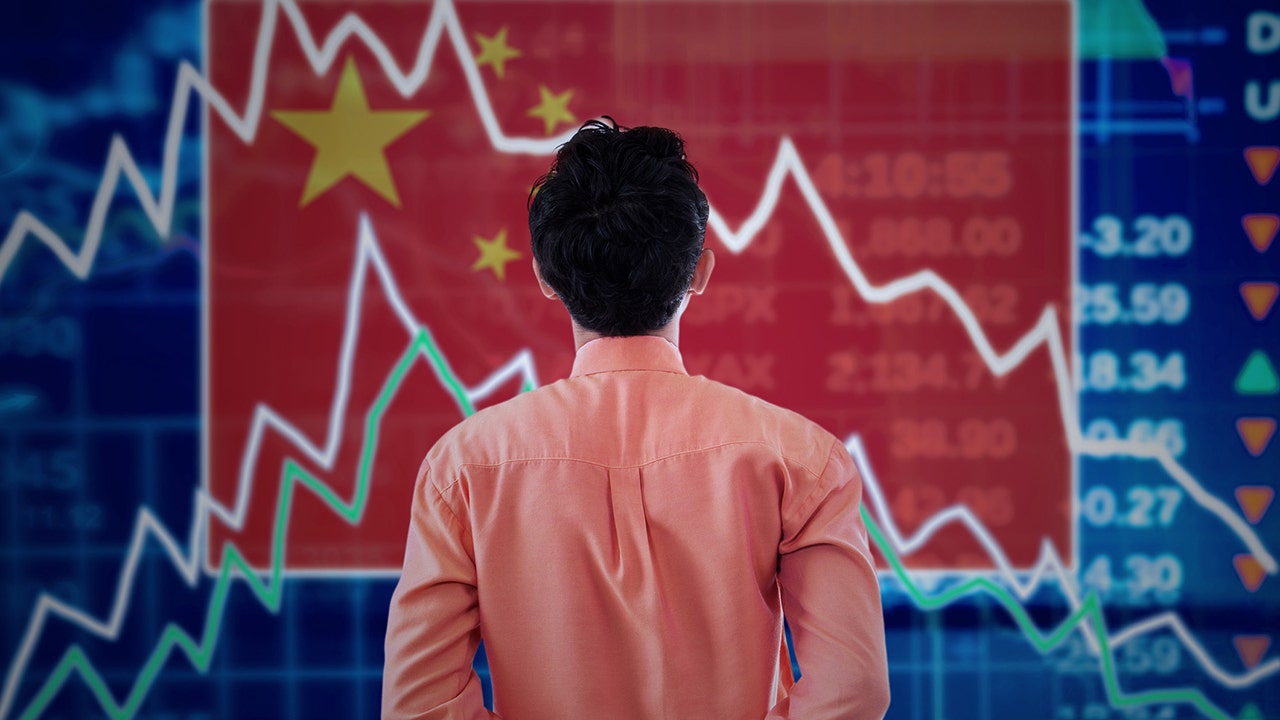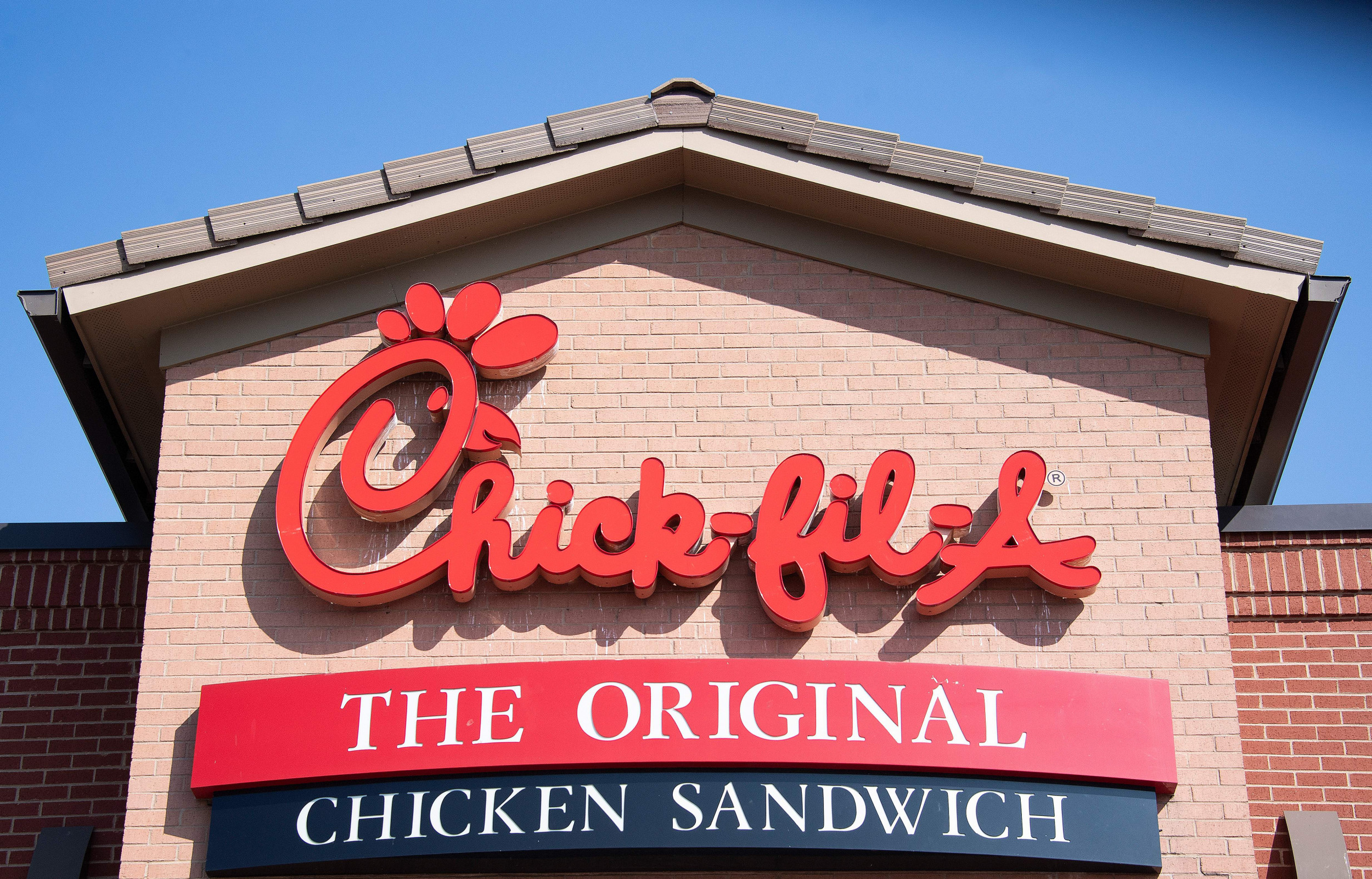
The U.K.'s first and only Chick-fil-A restaurant will close it was announced Friday—just eight days after it opened in Reading, south England.
LGBT+ groups expressed concerns about Chick-fil-A's views on LGBT+ rights and the company's donations to perceived anti-LGBT+ organizations.
The Oracle shopping mall said it would not renew Chick-fil-A's six-month lease, telling the BBC it's the "right thing to do."
"We always look to introduce new concepts for our customers, however, we have decided on this occasion that the right thing to do is to only allow Chick-fil-A to trade with us for the initial six-month pilot period, and not to extend the lease any further," an Oracle spokesperson told the BBC.
LGBT+ rights groups in Reading, including the organizers of Reading Pride, have been critical of the new Chick-fil-A branch in recent weeks. A planned protest on Saturday will go ahead.
"The chain's ethos and moral stance towards #LGBTQ people goes completely against our values, and that of the UK," Reading Pride tweeted earlier this week.
Reading Pride said its concerns about Chick-fil-A's position on LGBT+ views included comments made by the company's CEO Dan Cathy in 2012 opposing same-sex marriage.
In an interview with the Biblical Recorder, Cathy said: "We are very much supportive of the family—the biblical definition of the family unit. We are a family-owned business, a family-led business, and we are married to our first wives. We give God thanks for that ... We want to do anything we possibly can to strengthen families."
In a radio interview the same year, Cathy said that by redefining marriage, "I think we are inviting God's judgment on our nation."
In March, the website ThinkProgress reported that, in 2017, the Chick-fil-A Foundation gave just over $1.6 million to the Fellowship of Christian Athletes, which requires employees to adhere to a "sexual purity" clause that forbids "homosexual acts."
Reading Pride organizers said Friday they felt it was "reasonable" to allow Chick-fil-A to see out its six-month lease at the Oracle shopping center, which would allow "re-settlement and and notice for employees that have moved from other jobs."
The U.K. Pride Network, a group that brings together organizers of Pride events around the U.K., tweeted Friday: "Cluck off @ChickfilA you are not welcome!" It also said it would show solidarity with Reading Pride organizers at a protest planned at the Chick-fil-A restaurant on Saturday.
Reading Pride organizers said that Saturday's protest will go ahead as planned—despite the store closing—"to advise where their money should go" as they believe Chick-fil-A will be "profiting from unsuspecting patrons" over the six-month tenure of its lease.
https://www.newsweek.com/chick-fil-first-uk-restaurant-close-cluck-off-lgbt-pride-1466423
2019-10-19 09:16:43Z
52780411923348

